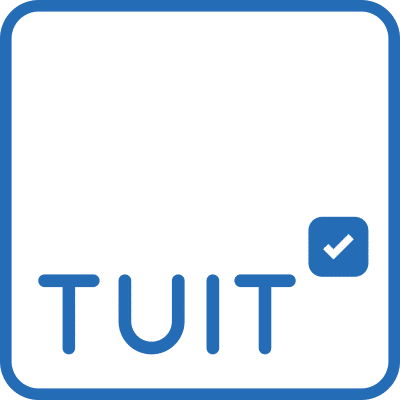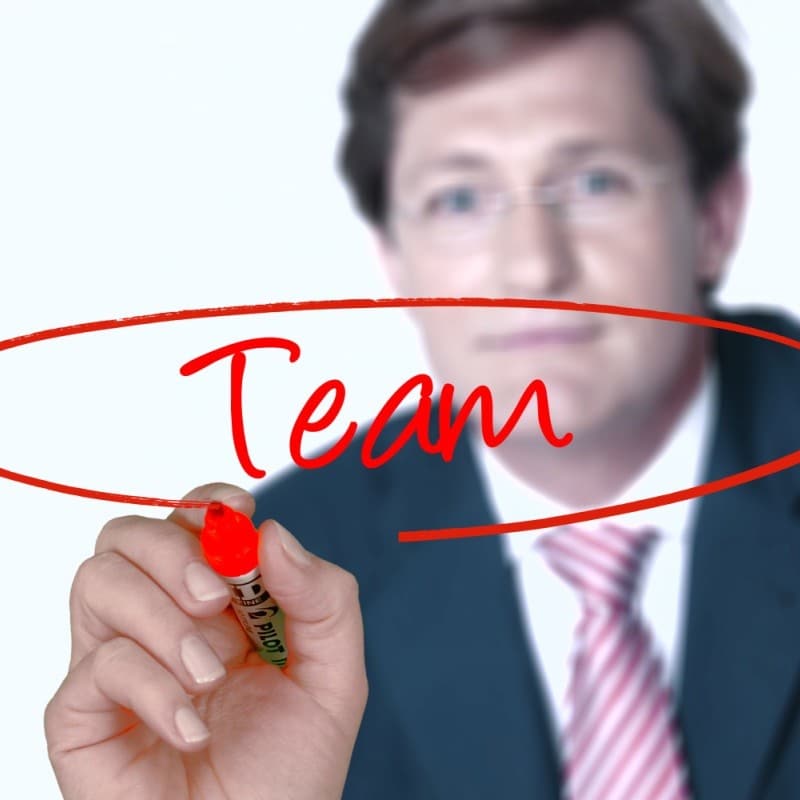Why do I feel stuck?
If you were born in the previous century, and you were privileged enough to attend a good school and go on to get that University Degree, there is a very good chance that you were privy to some good opportunities to get your career kicked off. But what if you are a few years into your career and that next door is just not opening? Has your smooth ride on the coattails of that degree come to an abrupt and eye-opening halt?
Why is my degree not enough anymore?
The reality is that not since the 1970’s and 1980’s has a tertiary qualification and experience measured only in years been enough make you the best man for the job. In the twenty first century, career growth can be a cut-throat exercise and you consistently have to consider whether you are up to speed with new trends, methodologies, technology and even “soft” skills like conflict resolution and people management. If your CV reflects a commitment to continuous learning and personal growth, you can enter any interview room with your head held high. You’re halfway there, now you just have to ace that interview off course. But that’s another topic for another blog!
What can I do?
These days, it is a good idea to have a career plan that includes an ongoing drive to acquire new skills and knowledge relevant to your industry. This can consist of any of the following:
- Advanced Degrees
- Professional Certifications
- Computer Skills Training
- e-Learning
- Independent Reading
- Seminars and webinars through Professional Associations
- Workshops, Trainings, and Educational Coursework on Campus
Skills development means developing yourself and your skillset to add value to the organization and for your own career development. Fostering an attitude of appreciation for lifelong learning is the key to workplace success. Developing your skills begins with assessing which skills are important for your desired career development. Speak with your supervisor or manager and other career mentors to identify the types of skills that will help move you forward in your career.
Completing increasingly advanced levels of education shows your employer that you have a drive and commitment to learn and apply information, ideas, theories, and formulas to achieve a variety of tasks and goals. If you need to acquire subject matter knowledge, education and training is often the most direct way to obtain it in a short amount of time.
Never stop looking for learning opportunities
Holding a particular degree or certification may be a requirement for applying for some jobs. Educational requirements are a quick and easy way to narrow down a field of applicants, so if you find yourself competing against others that are better qualified than you, it could be in your in
terest to obtain the certification or training needed to be a competitive candidate. The key is to always be on the lookout for learning opportunities, and actively seeking out courses, seminars or workshops that specifically address any gaps in your career planning.
Nurturing a learning culture
Finally, most organisations try to nurture a learning culture among its employees and a person who exudes a hunger for learning is considered an asset to the organisation, because your enthusiasm to learn will most probably be “infectious” and your peers will start to realise that they should at least make the most of the learning opportunities the organisation offers. This quality alone could be the difference between getting the job or not.
Have a look at some of our Learning-on-Demand Short Courses related to Management Development!
Theory of Constraints Program
General Management & Communication
This will give you a sense of what skills will be required by you as a manager.




